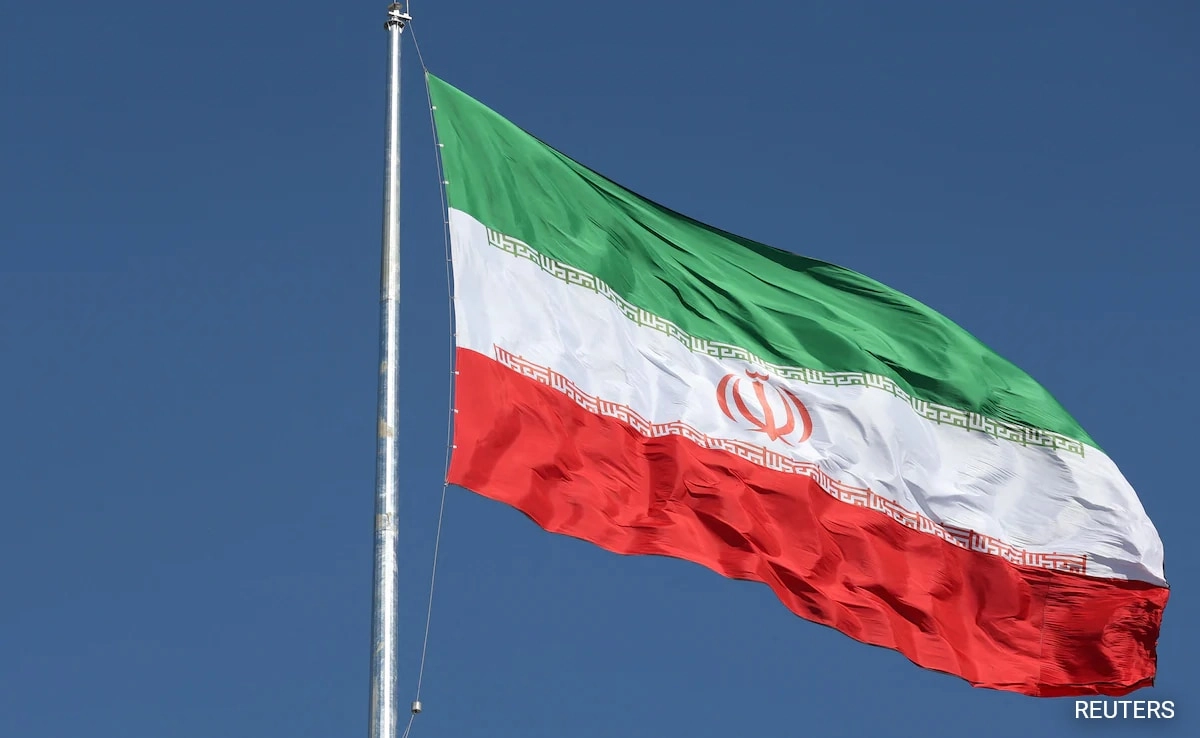Iran has recently carried out the execution of an individual described as a “high-ranking spy” for Israel’s Mossad, marking a significant event in the ongoing tensions between the two nations. This development highlights the complex and often dangerous cat-and-mouse game that characterizes espionage activities in the region. The Iranian government, which has long been at odds with Israel, claims that this execution is a demonstration of its commitment to countering foreign intelligence operations that threaten its national security.
The identity of the executed individual has not been fully disclosed, but Iranian media reports indicate that he was involved in various intelligence-gathering activities that allegedly facilitated Israeli operations within Iran. This incident raises questions about the effectiveness of Iran’s counterintelligence measures and the extent to which foreign intelligence agencies, particularly Mossad, have penetrated Iranian security. The execution has been framed by Iranian officials as a triumph over foreign adversaries, serving as both a warning to potential spies and a rallying cry for national unity against external threats.
Furthermore, this event underscores the broader geopolitical implications of espionage in the Middle East, where allegations of spying and counter-spying are prevalent. The rivalry between Iran and Israel is deeply rooted in historical, ideological, and territorial disputes, with both nations often resorting to clandestine operations to achieve their strategic objectives. The execution of a high-ranking spy could provoke further retaliatory actions from Israel, which has been known to conduct targeted operations against Iranian interests abroad.
This incident also brings to light the dangers faced by individuals caught in the crossfire of international espionage. The risks associated with spying are immense, and the consequences can be dire, as seen in this case. As tensions continue to simmer in the region, the cycle of espionage and retaliation seems poised to continue, further complicating an already volatile situation. The execution serves as a stark reminder of the lengths to which nations will go to protect their interests and the ongoing struggle for power and influence in the Middle East.




